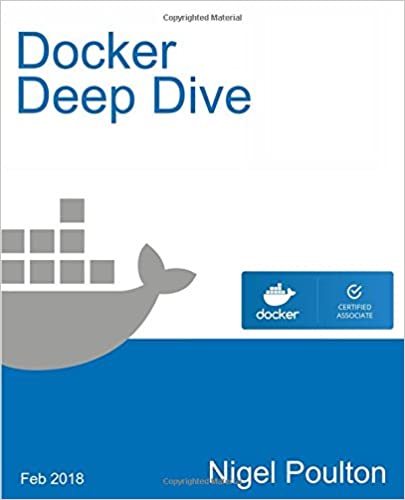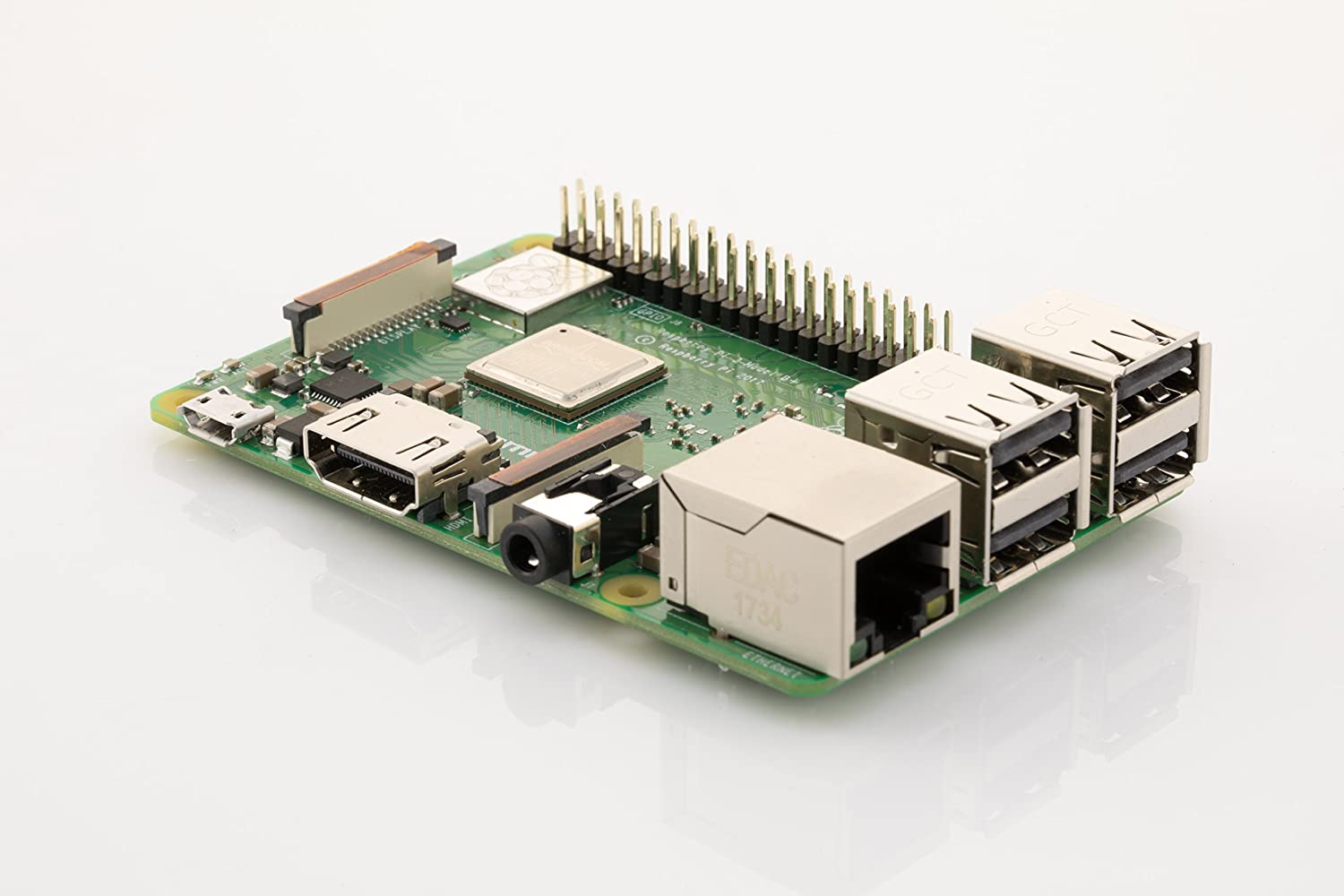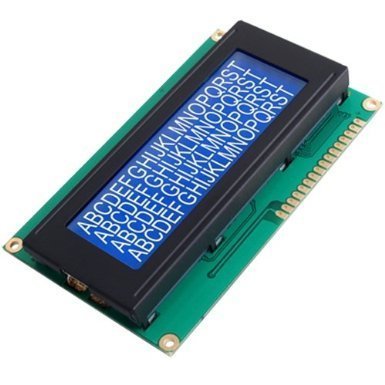; Date: Mon Apr 23 2018
Tags: Chromebook »»»»
Chromebooks are built on Linux, but does not allow access to the command line -- for security reasons. Therefore it's attractive to access the command-line, and Crouton has existed for years allowing us to install a Linux version on a Chromebook. Crouton requires the Chromebook to be put into Developer mode. Crostini is different as it is leveraging virtual machine and/or container technology Google is building into ChromeOS.
As of this writing the features work only on Google Pixelbooks. It appears Google is preparing for an announcement of something at Google I/O 2018.
For example - a screenshot has emerged showing Google's Android developer app running on ChromeOS, making it possible for Google to position Chromebooks as a development environment for Android apps.
Here's some instructions on running Debian Stretch on a Pixel:
github.com lstoll cros-crostini blob master README.md
crosvm - The Chrome OS Virtual Machine Monitor
This component, known as crosvm, runs untrusted operating systems along with virtualized devices. No actual hardware is emulated. This only runs VMs through the Linux's KVM interface. What makes crosvm unique is a focus on safety within the programming language and a sandbox around the virtual devices to protect the kernel from attack in case of an exploit in the devices.
See:
chromium.googlesource.com chromiumos platform crosvm











